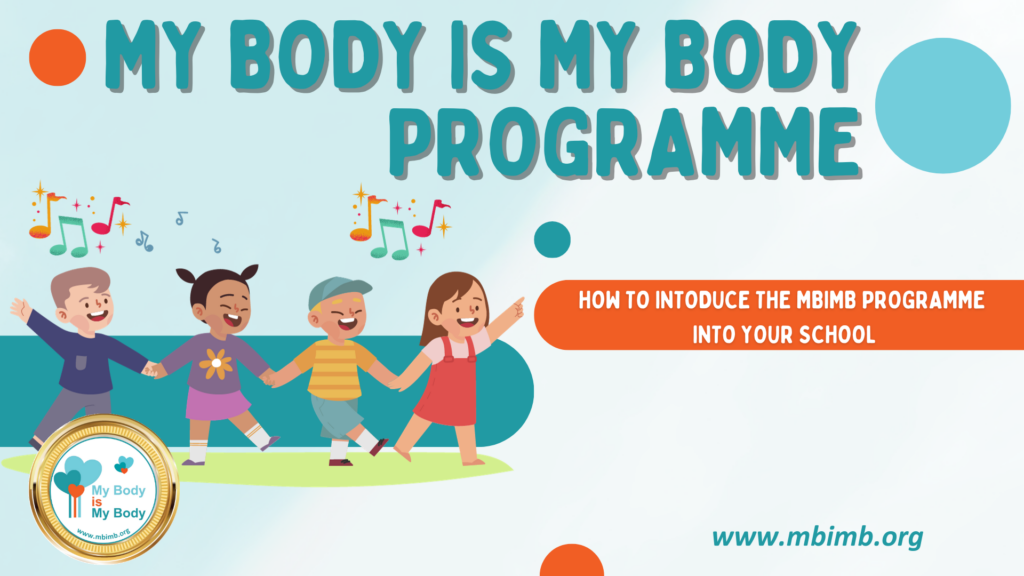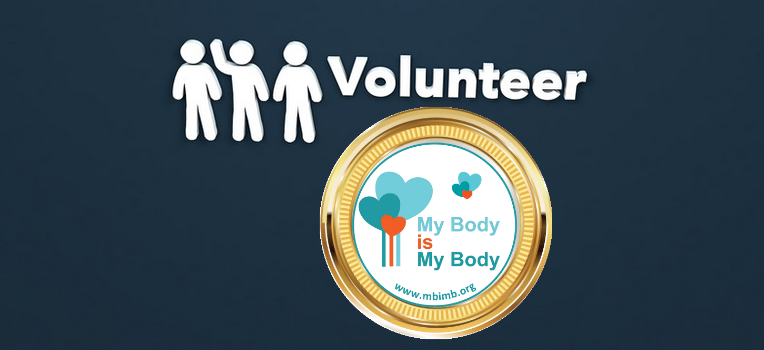Promoting the end of corporal punishment requires a collective effort and engagement from communities.

Raise awareness:
Promoting the end of corporal punishment requires a collective effort and engagement from communities which is why we need to educate communities about the negative impacts of corporal punishment on children and society as a whole. Organise awareness campaigns, workshops, and seminars to share information, research findings, and personal stories that highlight alternative discipline methods.
Parenting support programs:
Establish or support parenting programs that focus on positive discipline techniques. Offer resources, training, and counselling services to parents, equipping them with effective non-violent disciplinary strategies. Encourage community centres, schools, and local organisations to host workshops on positive parenting.
Engage religious and community leaders:
Collaborate with religious leaders, community elders, and influential figures to promote non-violent forms of discipline. Encourage them to incorporate messages against corporal punishment into their sermons, speeches, or community gatherings. Their endorsement can have a significant impact on changing attitudes.
Advocate for policy changes:
Work together with local policymakers, legislators, and relevant organisations to advocate for the development and implementation of laws and policies that prohibit corporal punishment. Support organisations that lobby for child rights and promote alternatives to physical discipline.
School initiatives: Collaborate with schools to create a nurturing and safe learning environment. Encourage schools to adopt positive discipline policies, train teachers in non-violent disciplinary techniques, and create programs that teach conflict resolution skills. Advocate for the elimination of corporal punishment in school policies.
Media campaigns against Corporal Punishment:
Utilise various media platforms to spread the message against corporal punishment. Develop public service announcements, social media campaigns, and videos that promote positive discipline and alternatives to physical punishment. Engage local media outlets to cover stories on the harmful effects of corporal punishment.
Peer support networks:
Establish peer support networks for parents, teachers, and caregivers. Encourage the sharing of experiences, challenges, and success stories related to non-violent discipline. Provide a platform for individuals to learn from each other and strengthen their commitment to positive discipline.
Collaborate with child welfare organisations
Partner with local child welfare organisations to create programs that focus on promoting child rights and non-violent discipline. Collaborate on research, organise joint events, and share resources to maximise the impact of the initiatives.
Engage children and youth:
Empower children and youth to become advocates for ending corporal punishment. Encourage their participation in awareness campaigns, discussions, and decision-making processes that involve child rights. Foster their understanding of alternative discipline methods and their ability to express their opinions on this matter.
Support legislation enforcement:
Once legislation against corporal punishment is in place, work with relevant authorities to ensure its effective enforcement. Collaborate with law enforcement agencies, child protection services, and other relevant institutions to raise awareness and ensure appropriate actions are taken in cases of reported corporal punishment.
Remember, promoting the end of corporal punishment requires persistence and a long-term commitment. By combining these strategies and involving multiple stakeholders, communities can work together to create a safer and more nurturing environment for children.
https://www.end-violence.org
Find out more about our MBIMB Programme





Informative article !